In the books of African history, one name shines brightly: Patrice Lumumba. Born in Kasai province in the Congo in 1925, Lumumba’s journey from a humble background to becoming Congo’s first prime minister is a tale of resilience, determination, and unwavering commitment to freedom.
Lumumba’s early years were marked by a thirst for knowledge that transcended the limitations imposed by colonial education. Despite attending schools primarily designed to prepare Africans for manual labor, Lumumba’s innate curiosity and hunger for learning set him apart. His teachers recognized his potential and provided him with books, igniting a passion for knowledge that would shape his future.
Growing up, Lumumba was exposed to the harrowing tales of Belgian atrocities in the Congo under King Leopold II’s brutal rule. The exploitation and suffering endured by the Congolese people fueled his desire for change and ignited his fervent nationalism.
Entering the political arena, Lumumba’s eloquence and charisma captivated audiences as he emerged as a vocal advocate for Congolese independence. His speeches resonated with the aspirations of a nation yearning to break free from colonial shackles.
Despite facing imprisonment and trumped-up charges orchestrated by Belgian authorities, Lumumba’s spirit remained unbroken. His time behind bars served only to galvanize his commitment to pan-Africanism and Congolese nationalism, ideologies that would define his political career.
In 1958, Lumumba co-founded the Congolese National Movement (MNC), a groundbreaking political party that transcended ethnic and regional divides, uniting Congolese in their quest for sovereignty. Lumumba’s vision extended beyond Congo’s borders, as he sought alliances with fellow African nationalists to challenge colonial oppression collectively.
The road to independence was fraught with challenges, and Lumumba’s leadership was put to the test as Congo navigated the complexities of nation-building. His impassioned speeches, including his historic address on Independence Day, cemented his status as a symbol of resistance against colonialism.
However, Lumumba’s tenure as prime minister was short-lived, marred by internal strife, external interference, and betrayal from within. Despite his efforts to unite a divided nation, Lumumba faced opposition from vested interests seeking to maintain control over Congo’s vast resources.
Tragically, Lumumba’s life was cut short at the age of 35, but his legacy endured as an enduring beacon of hope for oppressed peoples around the world. His assassination sparked outrage and condemnation, elevating him to the status of a martyr in the fight against imperialism and injustice.
Decades after his death, Lumumba’s legacy continues to inspire generations of activists and freedom fighters. His unwavering courage, vision, and dedication to the cause of liberation remain etched in the collective memory of the Congolese people and all who strive for a more just and equitable world.
In honoring the memory of Patrice Lumumba, we recognize not only a champion of Congolese independence but also a symbol of Africa’s enduring struggle for freedom and dignity. May his legacy serve as a reminder of the sacrifices made in the pursuit of justice and equality for all.
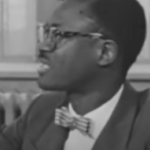
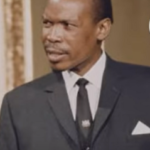
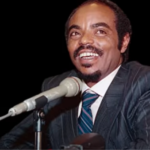

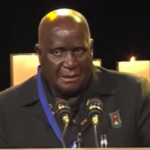
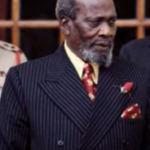
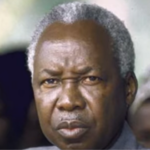
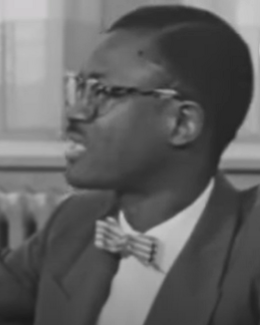
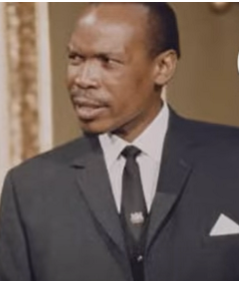
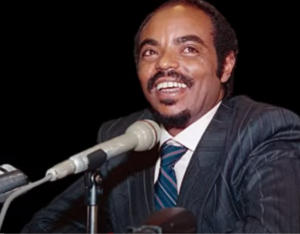

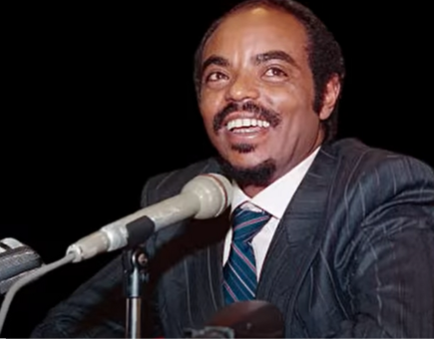

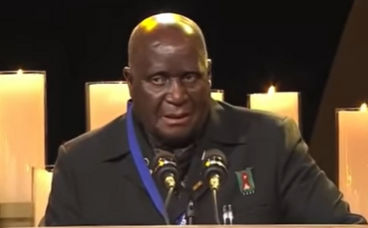
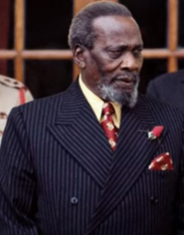
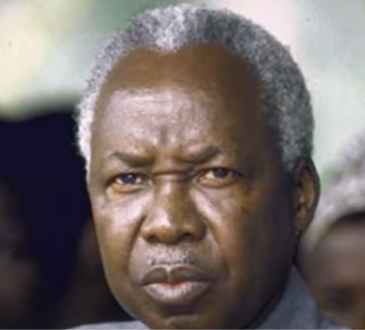

+ There are no comments
Add yours